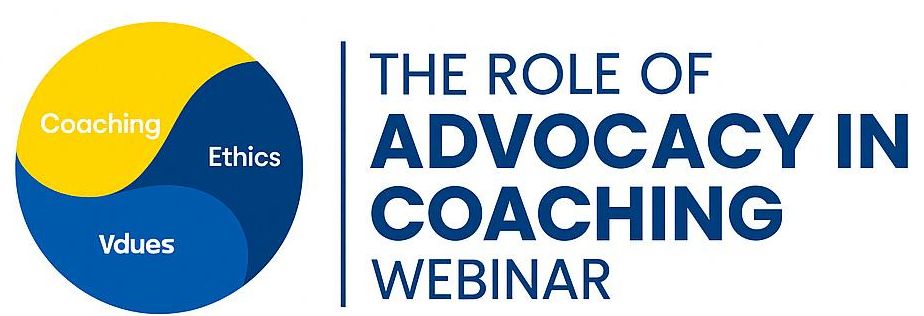
Intuition or Judgment?
Jun 25, 2024How can coaches determine if their thought Is an Intuitive one or a Judgement?
This question never fails to find its way into my mentoring and training. So, I will share with you several key points that help you navigate this dilemma.
Let’s tackle this one this week starting with considering several key points:
- Emotional Quality: Intuitive thoughts often feel neutral or positive and arise without strong emotional charge, while judgments are typically accompanied by stronger emotions like frustration, annoyance, bias or superiority.
- Speed and Clarity: Intuition tends to be quick and clear, presenting itself as an immediate insight or a "gut feeling." Judgmental thoughts may be more deliberate and involve critical or evaluative thinking.
- Open vs. Closed Mindset: Intuitive insights often come from a place of openness and curiosity, aiming to explore possibilities. Judgmental thoughts are more likely to close off possibilities, focusing on fixed opinions, conclusions or solutions.
- Presence and Awareness: When a coach is fully present and engaged with their client, they are more likely to access their intuition. A distracted or unfocused state often leads to judgmental thinking.
- Language and Tone: Intuitive thoughts are often expressed in gentle, inquisitive language, such as "I wonder if..." or "It seems like...". Judgments might be expressed more definitively, with statements like "You should..." or "You need to..."
- Self-Reflection: Coaches can pause and reflect on their thoughts, asking themselves whether the thought is coming from a place of understanding and empathy or from a place of criticism and evaluation.
By practicing mindfulness and self-awareness, coaches can better distinguish between their intuitive insights and judgmental thoughts, enhancing their ability to support their clients effectively.


